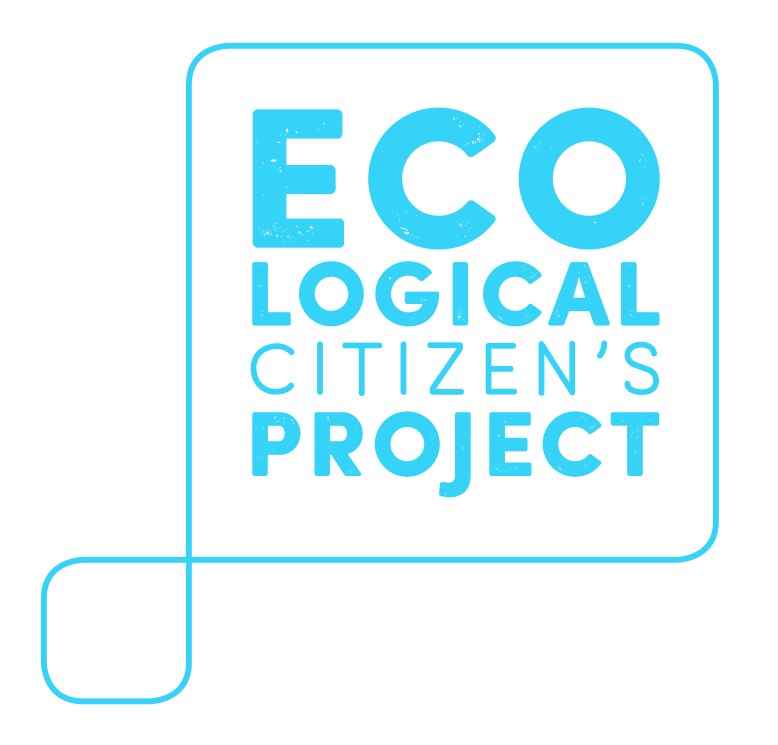2022 Regenerators
betty bastidas
I want to be a regenerator because one of my missions is to be a change agent and community catalyst for the community of Newburgh, a “disadvantaged” community made up of low income working families that are mostly Black and Latino. I myself, I’m an immigrant, came to this country at the age of nine from Ecuador, one of the smallest yet richest bio-diverse countries in the world where nature has rights written in the constitution, where the native people serve as the guardians of the amazon. I am a teacher, a filmmaker, a mom, a gardener, a homeowner, and photographer. I am eager to regularly immerse myself in nature as a source of inspiration for it is also where I feel most balanced and grounded.
Now that I feel rooted in a community for at least the next 10 years, I want to create spaces to uplift, share, and empower our young people and immigrants of this community. I am eager to level up in farming skills, self-sufficiency skills and engaging with my local community. I’m especially interested in community leadership skills and learning about local municipal structures in order to make change and be a guardian to the land that we are on, be part of the solution towards creating more safe spaces in nature, engaging the community in dialogue, doing workshops teaching youth the various benefits and uses of plants, and being part of greenifying underutilized spaces to beautify our community and remind people there is a better way, which at times it is hard to believe living in dilapidated urban spaces needing more care and love.
Kanav kathuria
I believe deeply in the power of food and land to heal. I understand food as a tool of resistance—as an “intimate commodity” that has the power to prefigure the type of world we wish to create. I have witnessed how collective forms of food production and land stewardship allow communities to develop solidarity economies outside of capitalist social relations and meet communal emotional, spiritual, and physical needs in the face of organized abandonment. On the other hand, I have seen how food can be used to dehumanize, to disable, to contribute to premature death. It is in the generative aspects of food and land sovereignty that I find hope.
I have spent much of the past decade exploring what purpose means to me and how I want to be in relation with myself, with food and land, and with community. My family and I arrived in the suburbs of New England one year before September 11, 2001; as a South Asian immigrant and the grandson of family members displaced from their ancestral home by Partition, I quickly learned the dual power of land as a mechanism to both connect one to restorative ways of being in the world as well as serve as an exclusionary force to ostracize and uproot a racialized “other.” Through trips back to the subcontinent, I began to further connect the dots between the use of policing, prisons, and the justice system as instruments of oppression toward lower-class and lower-caste communities in India, on the one hand, and as tools of racial, economic, political, and social control in the U.S on the other. I learned to question why the almost boundless nature of U.S imperialism meant that annual budgets for police, correctional departments, and the military inevitably swelled each year—while those around me went without access to basic necessities such as nutritious and affordable foods, housing, and safe drinking water.


